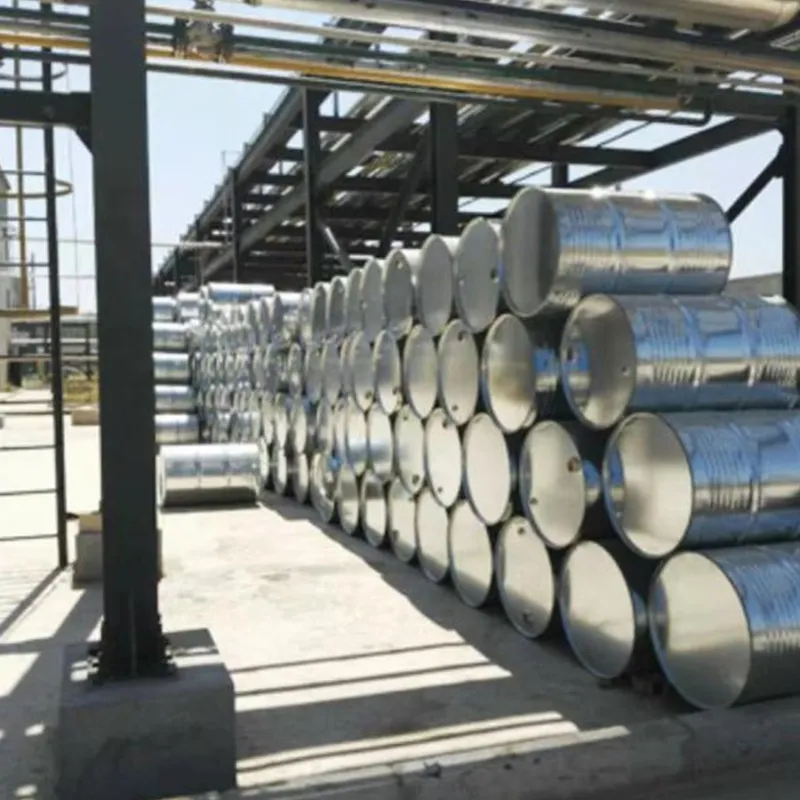
flavor enhancers in food
The Role of Flavor Enhancers in Modern Food
In the world of culinary arts, flavor is king. Whether in home kitchens or upscale restaurants, the quest for deliciousness leads chefs and food manufacturers alike to explore various ways to enhance the natural flavors of food. One of the most popular tools at their disposal is flavor enhancers, substances that amplify the taste and aroma of food without necessarily introducing strong flavors of their own.
The Role of Flavor Enhancers in Modern Food
One of the most well-known flavor enhancers is MSG, which has been a topic of discussion since it was first introduced to Western cuisine in the mid-20th century. Many food lovers appreciate its ability to enhance the umami flavor in dishes, particularly in Asian cuisines. However, it has also faced scrutiny and concern about potential health effects, leading to a wider public debate about its safety. Extensive research has shown that MSG is generally safe for consumption, but awareness and education around its use continue to be important for consumers.
flavor enhancers in food

Beyond MSG, a variety of natural flavor enhancers have gained popularity as health-conscious consumers become more aware of their dietary choices. Ingredients such as nutritional yeast, mushroom powder, and tomato paste can add depth and complexity to dishes without artificial additives. These options provide a wholesome way to enhance flavor while aligning with clean eating trends.
Another compelling trend in flavor enhancement is the rise of plant-based products. With the growing popularity of veganism and plant-based diets, food developers are increasingly focused on finding plant-derived flavor enhancers. Ingredients like smoked paprika, miso, and roasted garlic are not only beneficial for flavor enhancement but also contribute nutritional value to dishes.
The advancements in food technology have led to the creation of new flavor enhancers, such as flavor encapsulation and microencapsulation techniques. These innovations allow flavoring substances to be released at specific times during cooking, ensuring a better flavor experience throughout the meal. This is particularly important in processed foods, where achieving the right balance of flavors is essential.
In sum, flavor enhancers play a crucial role in the modern food landscape. They provide chefs and manufacturers with the means to elevate flavors, making food more enjoyable while also addressing the growing demand for healthier options. As consumers continue to seek transparency in their food products, the challenge will be to strike a balance between taste, health, and natural ingredients. By embracing both traditional and innovative flavor enhancement methods, the food industry can continue to delight our palates while supporting a healthier lifestyle.
-
Sodium Dichloroisocyanurate Safety Handling ProtocolsNewsJul.29,2025
-
Mining Chemicals for Copper Extraction Processes GuideNewsJul.29,2025
-
Fertilizer for Sale Shipping and Storage TipsNewsJul.29,2025
-
Dimethyl Disulfide as Sulfurizing AgentNewsJul.29,2025
-
Benzotriazole Safety Data Handling and Storage GuidelinesNewsJul.29,2025
-
Ammonium Bicarbonate Safety Handling Storage GuidelinesNewsJul.29,2025
-
The Transformative Role Of Trichloroisocyanuric Acid in Water TreatmentNewsJul.23,2025
Hebei Tenger Chemical Technology Co., Ltd. focuses on the chemical industry and is committed to the export service of chemical raw materials.
-

view more DiethanolisopropanolamineIn the ever-growing field of chemical solutions, diethanolisopropanolamine (DEIPA) stands out as a versatile and important compound. Due to its unique chemical structure and properties, DEIPA is of interest to various industries including construction, personal care, and agriculture. -

view more TriisopropanolamineTriisopropanolamine (TIPA) alkanol amine substance, is a kind of alcohol amine compound with amino and alcohol hydroxyl, and because of its molecules contains both amino and hydroxyl. -

view more Tetramethyl Thiuram DisulfideTetramethyl thiuram disulfide, also known as TMTD, is a white to light-yellow powder with a distinct sulfur-like odor. It is soluble in organic solvents such as benzene, acetone, and ethyl acetate, making it highly versatile for use in different formulations. TMTD is known for its excellent vulcanization acceleration properties, which makes it a key ingredient in the production of rubber products. Additionally, it acts as an effective fungicide and bactericide, making it valuable in agricultural applications. Its high purity and stability ensure consistent performance, making it a preferred choice for manufacturers across various industries.











